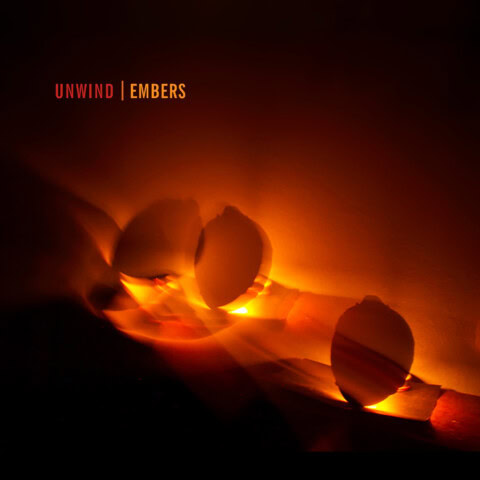Witchdoctor Rating
-
- 7/107/10
Summary
Dudley Benson – Zealandia (Golden Retriever Records)
Auditioned on CD
Dudley Benson’s Zealandia starts and ends with the sound of crickets, but it’s what’s in between that really sends GARY STEEL
 Got to give the guy credit: there’s no one doing what he’s doing. Dudley Benson has charted his own artistic journey, and willed to life his own vision. It’s a vision demanding a singular approach to his art and everything connected to it, and one that makes him one of our most distinctive music-makers.
Got to give the guy credit: there’s no one doing what he’s doing. Dudley Benson has charted his own artistic journey, and willed to life his own vision. It’s a vision demanding a singular approach to his art and everything connected to it, and one that makes him one of our most distinctive music-makers.
Benson is an artist working the edges of popular culture, but his mere existence critiques the tenets and commercial brutality of pop, and by abandoning many of the typical channels for the dissemination of his ‘product’ and personally taking charge of a project right up to – and including – dealing with reviewers, suggests a rejection of the machinery.
And then there’s the music. Zealandia is Dudley Benson’s third studio album, and it’s a full-blown semi-conceptual work containing musings on many of his obsessions. Benson is like Don Brash’s worst nightmare: a gay Pakeha (and former choirboy) who believes it’s now time for non-Maori New Zealanders to start the process of an internal “decolonisation”.
 In some ways, Zealandia echoes the stance of Anohni’s Hopelessness album by bravely taking pressing burning issues to a medium that has become depressingly apolitical, but where Antony Hegarty went straight for the jugular, Benson is all about opening up channels of dialogue. Where Hopelessness warned of the heaving evil that resulted later that year in Trump’s election, Zealandia imagines a better Aotearoa, and is full of dreaming and imagination and wonder at these charmed islands on which we find ourselves.
In some ways, Zealandia echoes the stance of Anohni’s Hopelessness album by bravely taking pressing burning issues to a medium that has become depressingly apolitical, but where Antony Hegarty went straight for the jugular, Benson is all about opening up channels of dialogue. Where Hopelessness warned of the heaving evil that resulted later that year in Trump’s election, Zealandia imagines a better Aotearoa, and is full of dreaming and imagination and wonder at these charmed islands on which we find ourselves.
Fittingly, there’s a liturgical aroma to Benson’s music, but that’s only one strand to his work, and Zealandia represents a real flowering of both his writing and arranging as well as his determination to forge a musical fusion that at first sounds a little awkward but soon starts to take shape and sound almost natural. There are thin, glitchy beats and bass pulses and there are dramatic orchestrations and harp glissandos and of course, the various manifestations of the voice. Benson utilises a miscellany of vocal loops and full chorales, and then there’s his voice, which of course is the instrument through which the lyrics are projected. This, too, is subtly processed to suit whatever he’s trying to get across, from hints of the dreaded AutoTune (proof, as if it was needed, that the technology can be used creatively) and a variation on its ancestor, the Vocoder.
 This is not experimental music in the usual sense of the word, but Benson is certainly experimenting with ways to express himself without falling into cliché, and in that respect, he succeeds. Many of these 12 tracks are conventional enough that they have recognisable choruses that you could conceivably sing along to after a few spins, and many of the sounds and techniques are used throughout so that we’re not constantly dealing with alien soundtracks.
This is not experimental music in the usual sense of the word, but Benson is certainly experimenting with ways to express himself without falling into cliché, and in that respect, he succeeds. Many of these 12 tracks are conventional enough that they have recognisable choruses that you could conceivably sing along to after a few spins, and many of the sounds and techniques are used throughout so that we’re not constantly dealing with alien soundtracks.
If there’s a problem, it’s that some might find Benson’s vocal emoting a little over-the-top, together with the fact that this is Art-pop with a big “A” and could be accused of pretension in the manner of ye olde progressive rock music. But that comes down to a matter of personal aesthetics. What’s really great about Zealandia, on the other hand, is that Benson has discovered how to fold these songs in on themselves in an almost balletic fashion. These songs might evolve as they do partly because of the way they were recorded and then manipulated on computer, but that’s irrelevant; the way he allows the songs to accrue melody and detail and then magically mutate into something that breathes as if it’s landed deep in an oxygenated forest really dances with one’s head.














